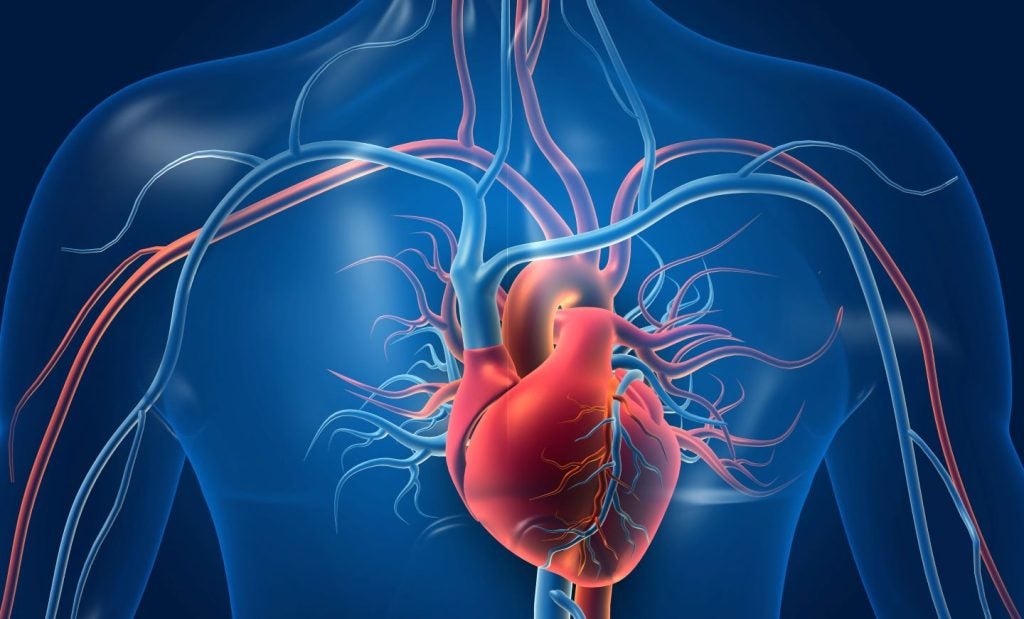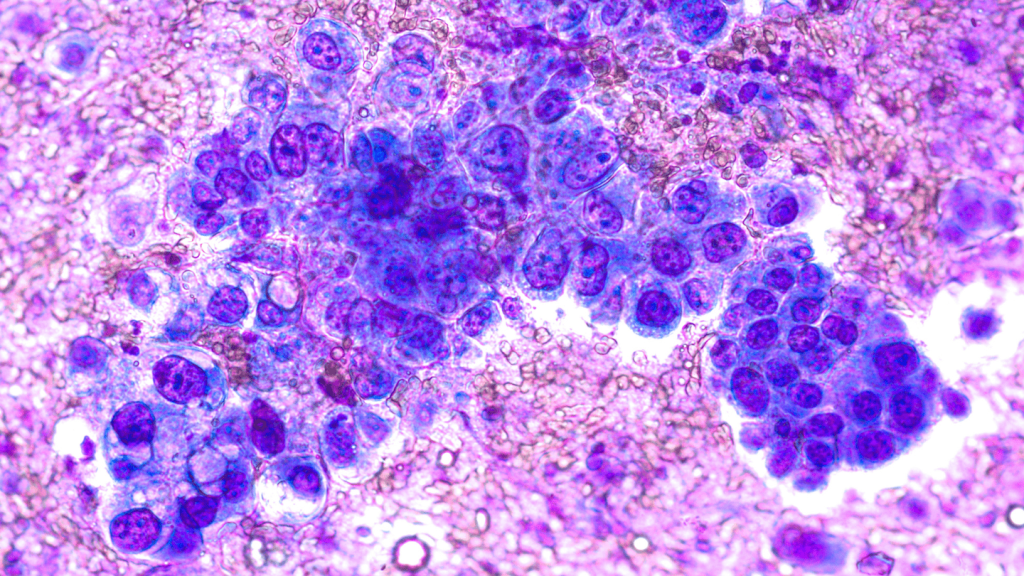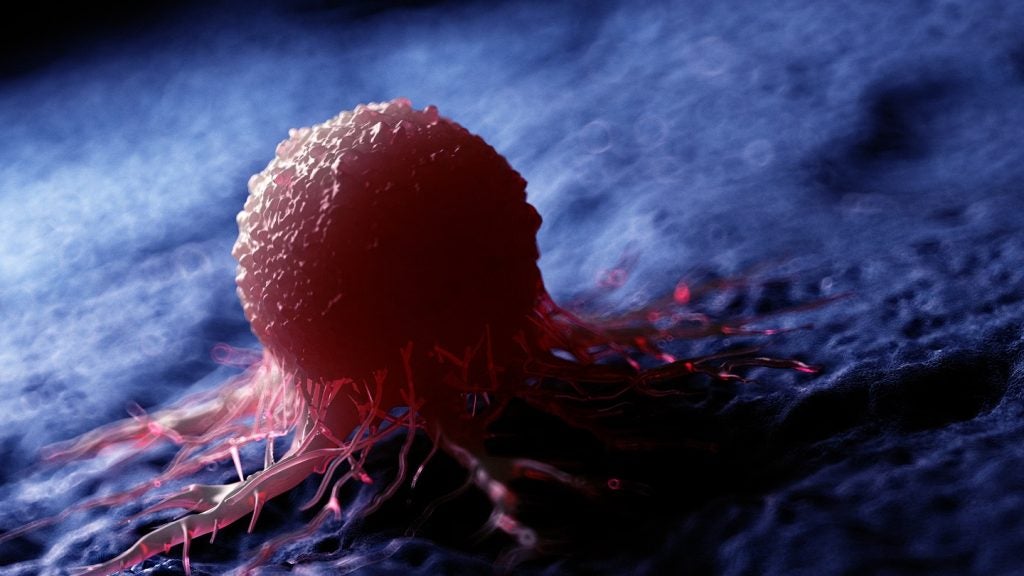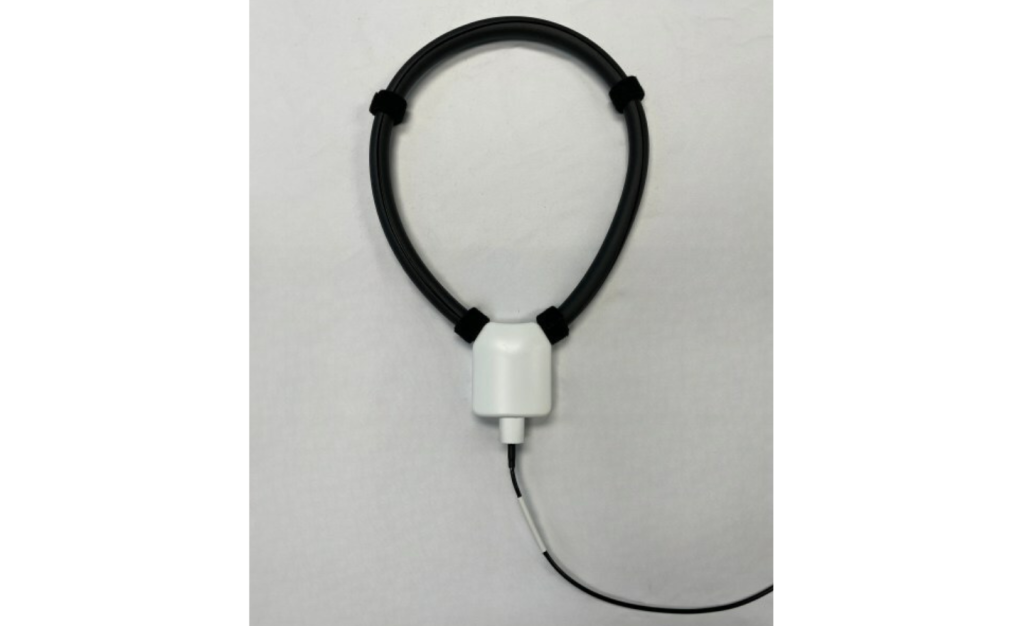Taysha Gene Therapies has received positive recommendation from the Independent Data Monitoring Committee (IDMC) to continue dosing of the second patient in the first cohort of the REVEAL Phase I/II trial of TSHA-102, an AAV9 gene transfer therapy.
Dosing is anticipated in the third quarter of this year.
The dose-escalation, dose-expansion, open-label, randomised, first-in-human study intends to assess the preliminary efficacy and safety of the therapy in adult females with Rett syndrome due to MECP2 loss-of-function mutation.
Patients will be administered with a single lumbar intrathecal injection.
In the dose escalation part, maximum tolerated dose (MTD) or maximum administered dose (MAD) will be evaluated sequentially which will further be used during dose expansion.
Taysha Gene Therapies Research and Development head and president Sukumar Nagendran said: “This recommendation was based on the analysis of initial clinical data from the first adult patient with Rett syndrome to receive TSHA-102.
“We are highly encouraged by the initial clinical observations, which support the transformative potential of TSHA-102 and mark important progress in our efforts to bring a gene therapy to patients and families living with Rett syndrome.
“We look forward to providing an initial clinical update on the first patient at our second quarter corporate update conference call in mid-August.”
TSHA-102 leverages miRNA-Responsive Auto-Regulatory Element (miRARE) platform and regulates mutations caused in the X-linked MECP2 gene.
This therapy for treating Rett syndrome has already received Orphan Drug designation from the European Commission and Orphan Drug and Rare Pediatric Disease designations from the FDA.
Rett syndrome is a rare neurodevelopmental disorder that is characterised by seizures, slowing of development, loss of communication, intellectual disabilities, motor and respiratory impairment, and shortened life expectancy.
















